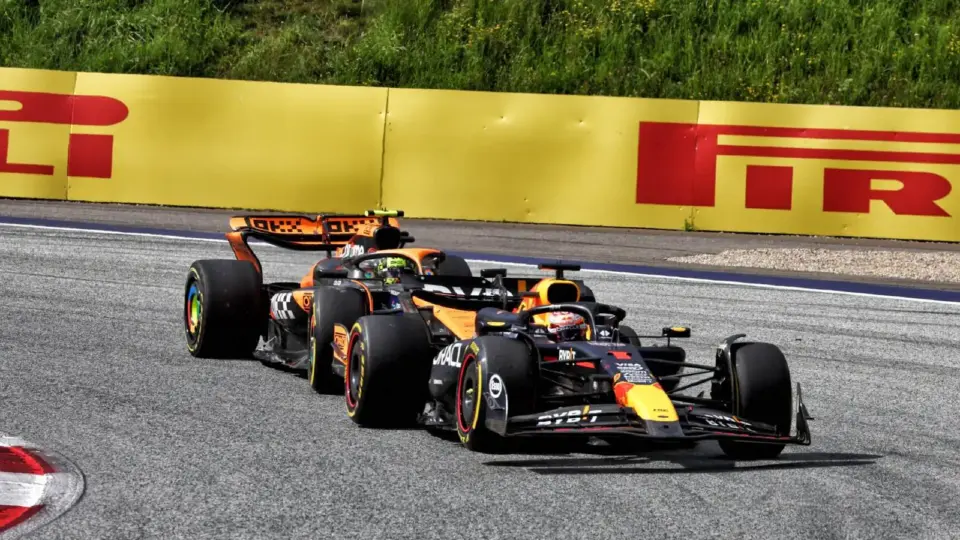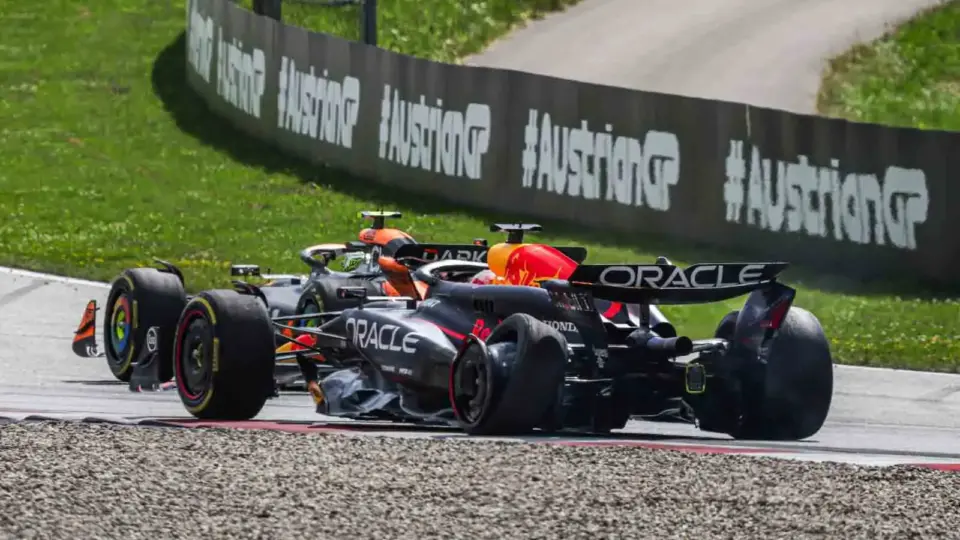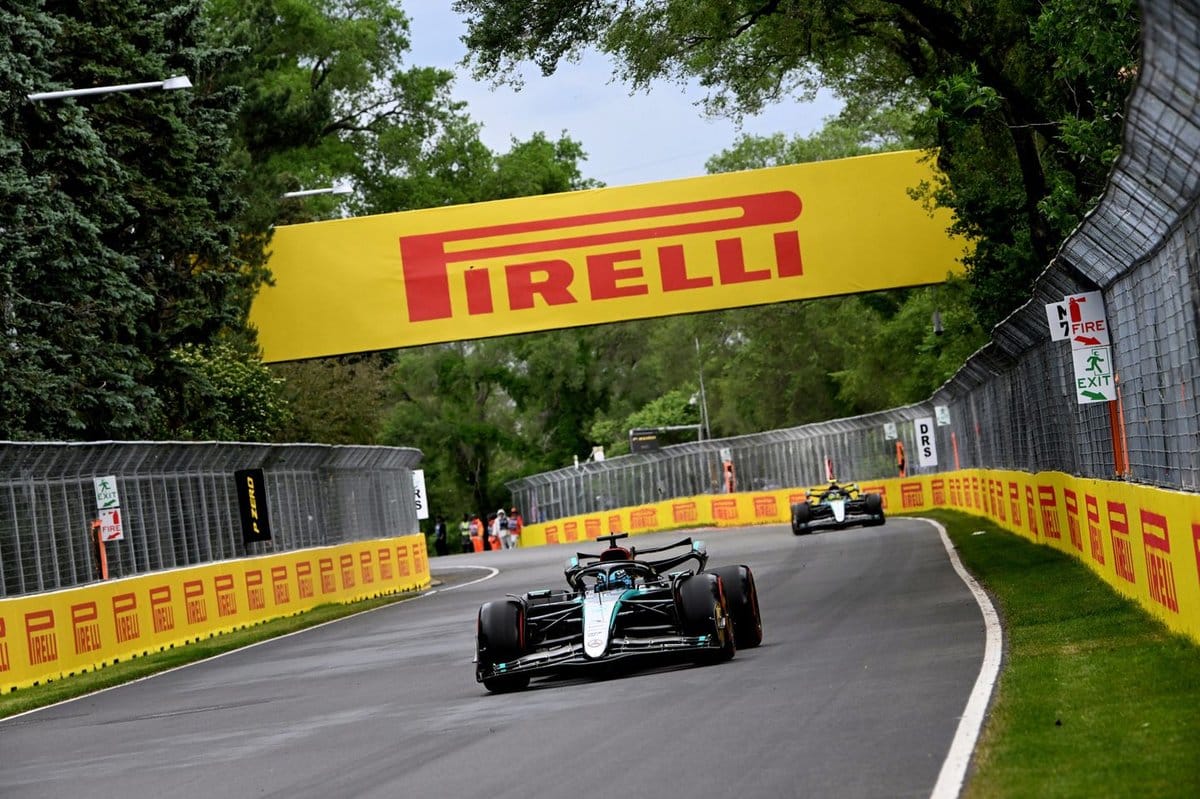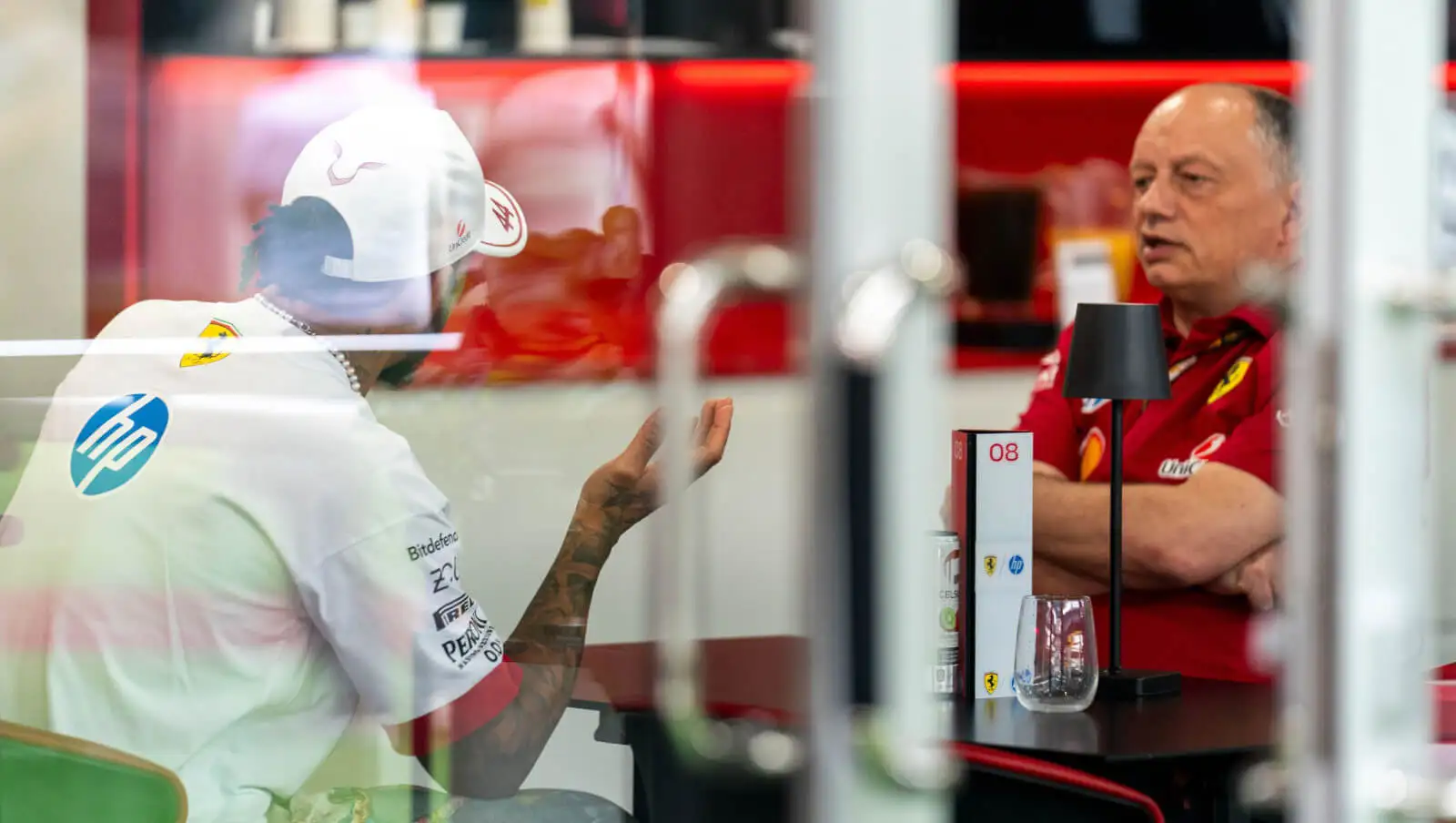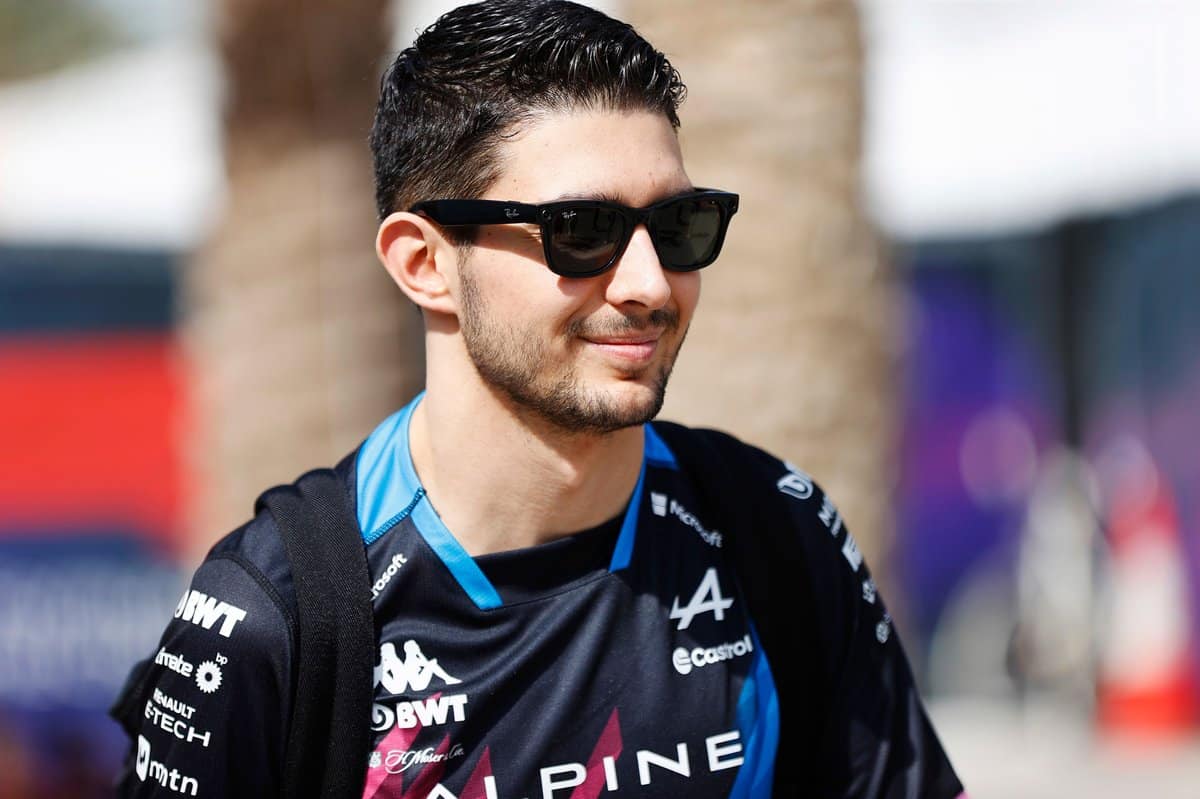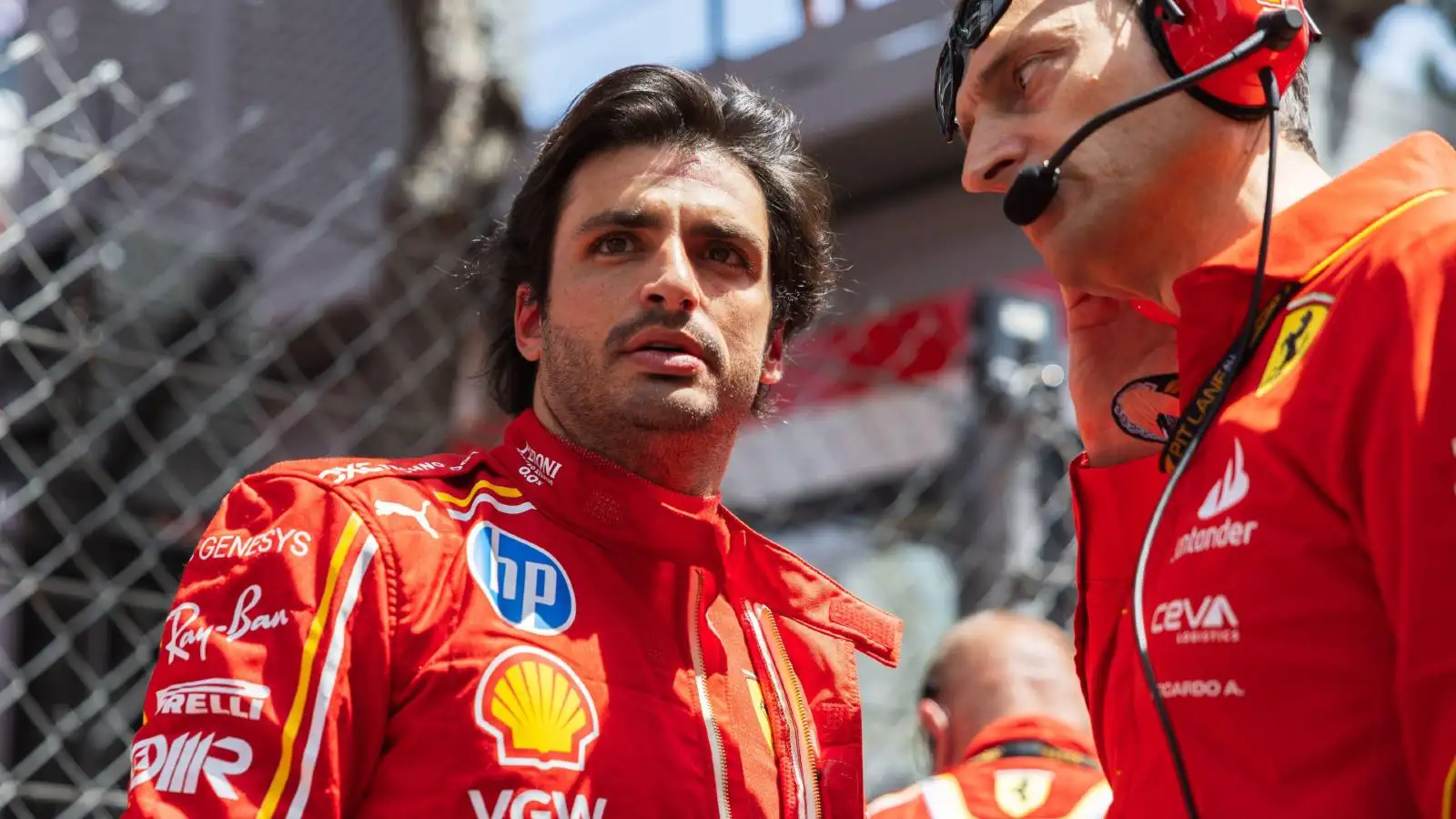Toto Wolff’s dramatic radio message to George Russell during the Austrian Grand Prix sparked curiosity across the F1 community.
- Russell clinched victory by seizing an opportunity after a crash between Verstappen and Norris.
- Wolff’s encouragement was met with resistance as Russell snapped back during the critical race moment.
- Speculation arises over Mercedes’ concerns about Russell’s potential overly aggressive behavior.
- Wolff expressed regret, calling it a moment of misjudgment, but Russell’s win was undeniably impressive.
It was a thrilling Austrian Grand Prix where George Russell emerged victorious, taking advantage of a fortuitous crash between Max Verstappen and Lando Norris. As Russell moved into the lead at Turn 4, the tension in the air was palpable. Team principal Toto Wolff couldn’t contain his excitement, yelling over the team radio, “You can win this!” However, the moment took an unexpected turn when Russell, intensely focused on driving, fired back, “Let me f***ing drive!”
Post-race, Russell admitted the pressure almost led him to crash, with Wolff’s intense instructions ringing in his ears. In a candid reflection, Wolff expressed his regret to outlets like PlanetF1.com, admitting, “This one is the single dumbest thing I’ve done in 12 years at Mercedes. I will be forever ashamed of this.” Such an admission highlights the challenging dynamics within a high-pressure sport and the occasional lapses even seasoned professionals might have.
Meanwhile, F1 journalist Julianne Cerasoli offered another perspective on the incident. Speaking on the F1 Nation podcast, she wondered if the message was spurred by Mercedes’ worry about Russell possibly overextending himself in pursuit of victory. Cerasoli cited past races where similar patterns emerged, as in Singapore and Canada, where Russell’s intense drive sometimes led to mistakes, according to the Mercedes team’s perception.
The narrative of Russell perhaps needing to refine his approach underlines Mercedes’ cautious handling of their drivers. Podcast host Tom Clarkson, however, presented a different view, suggesting that Wolff’s message might have simply been a reaction of disbelief that Mercedes was on the brink of winning another Grand Prix.
In the end, Russell not only took home 25 important points but also widened his lead over teammate Lewis Hamilton in the Drivers’ standings. His win, coupled with the intricate layers of team strategy, left fans and pundits alike buzzing with speculation and analysis.
Wolff’s radio outburst, whether viewed as an oversight or a strategic call, added another dramatic layer to Russell’s memorable victory.

